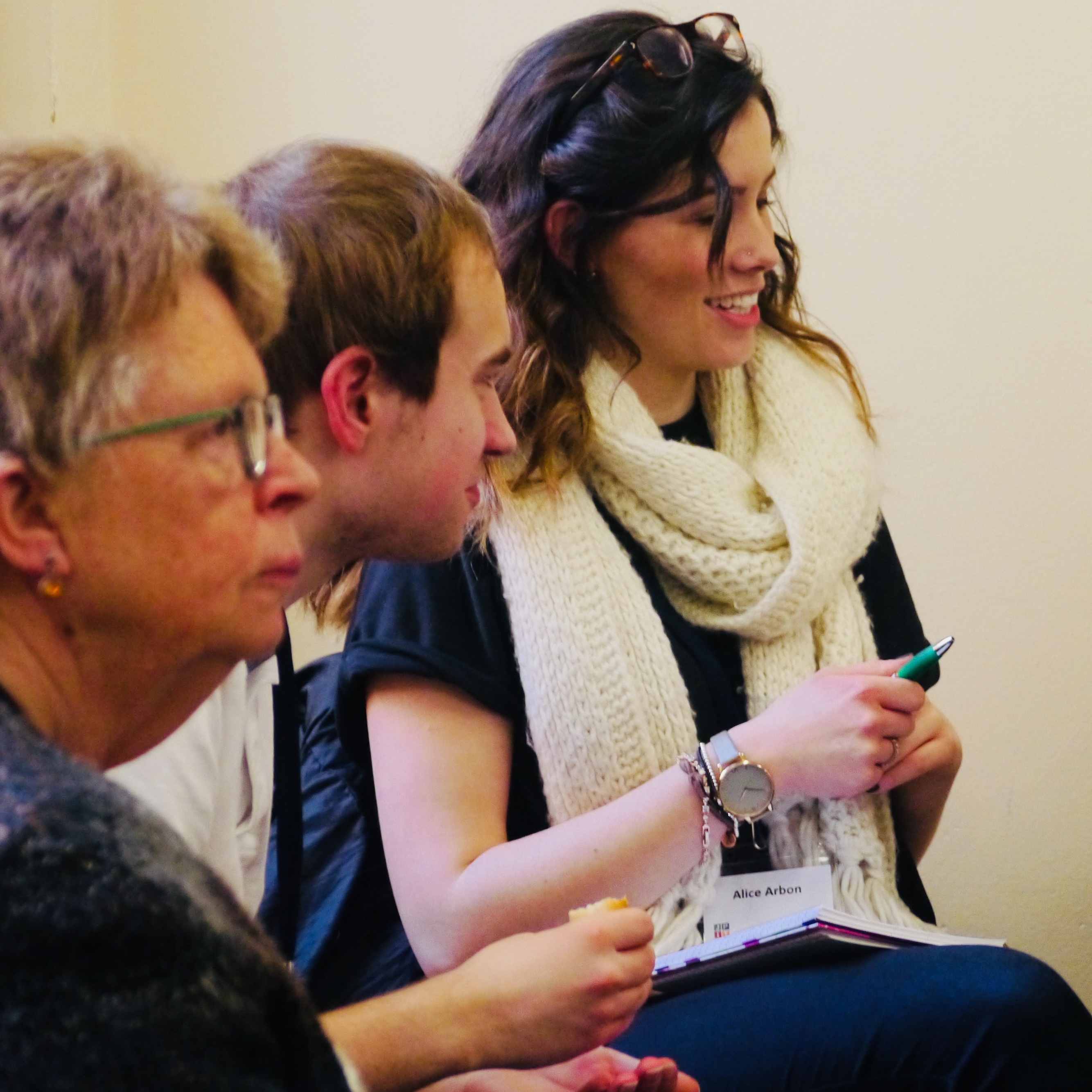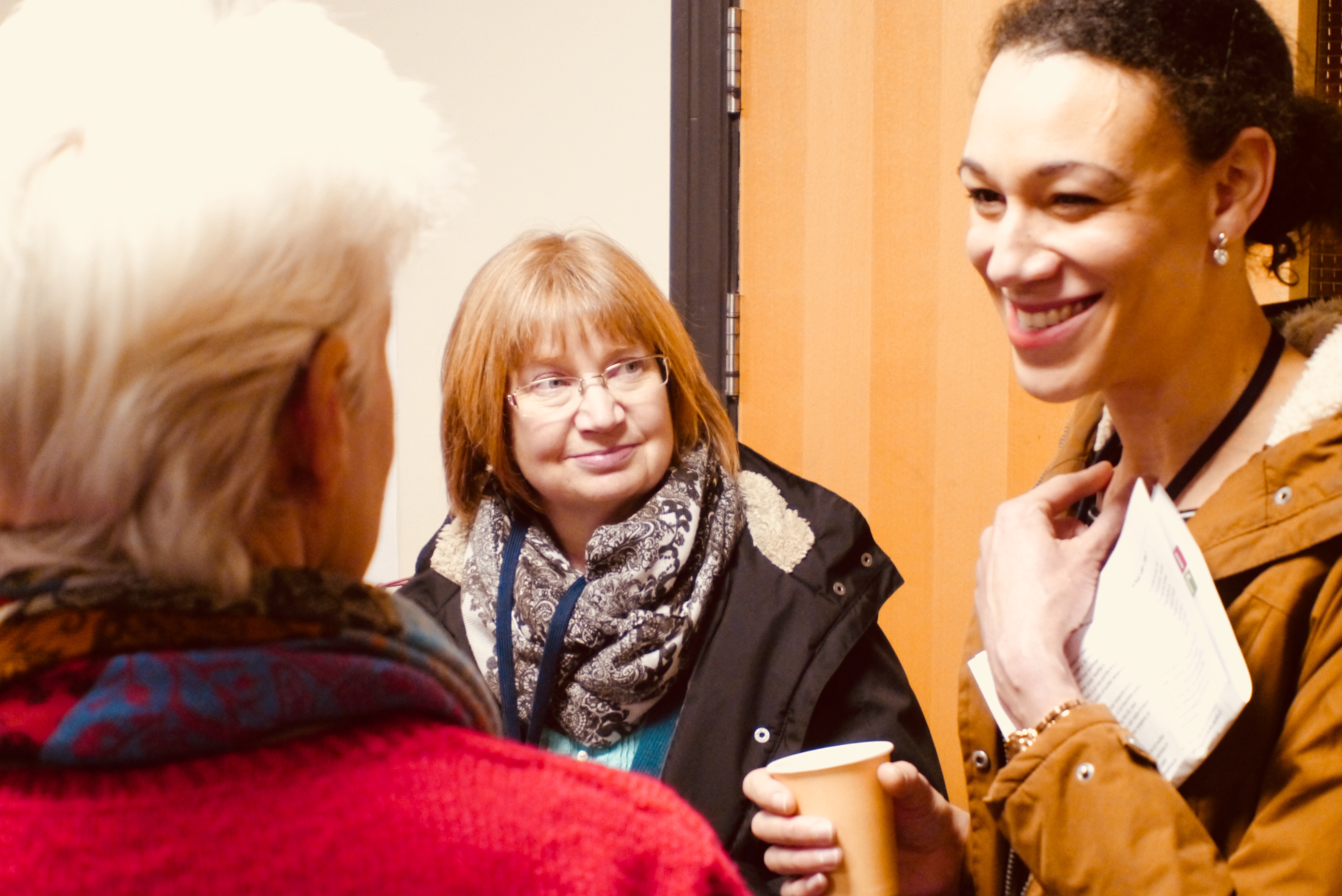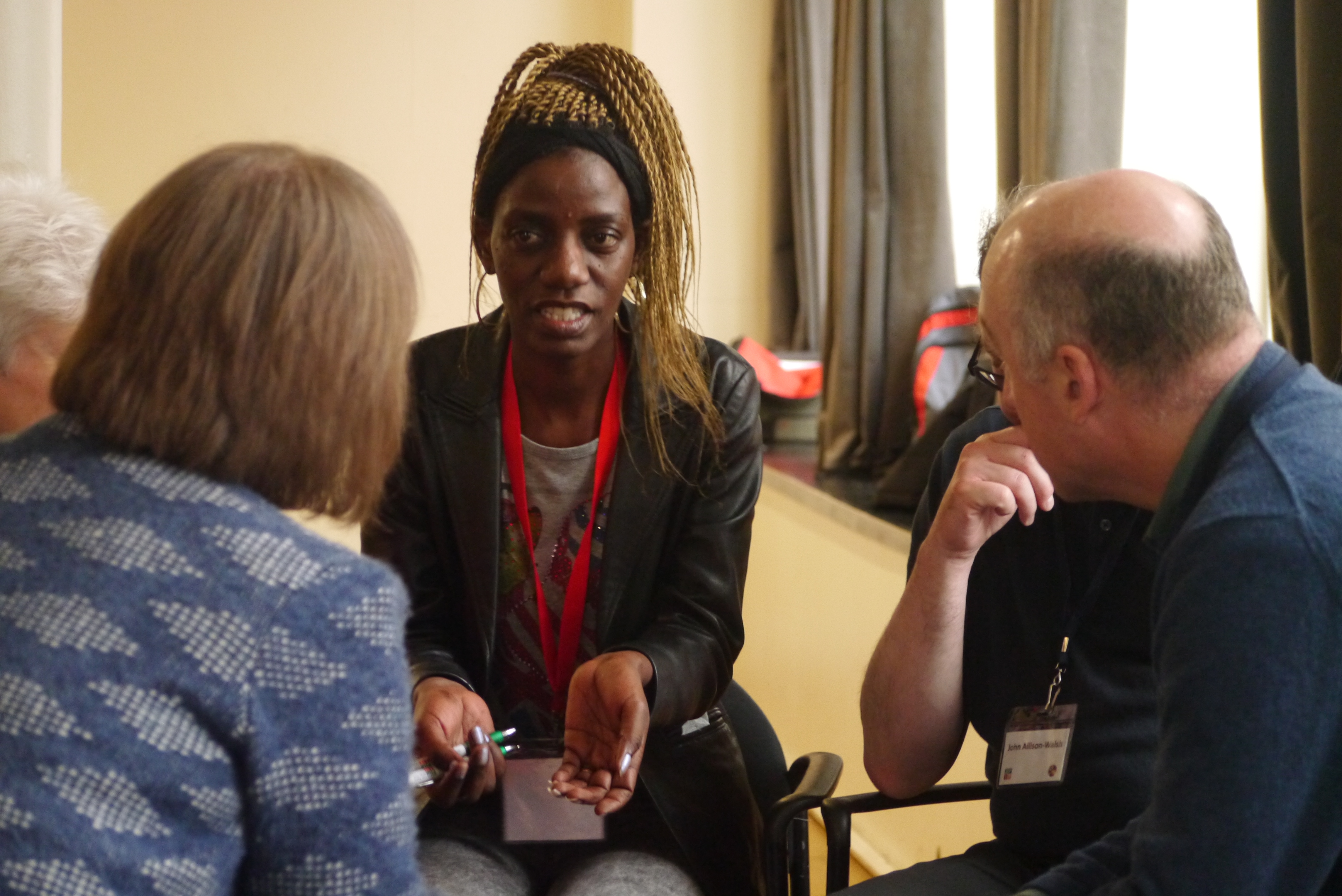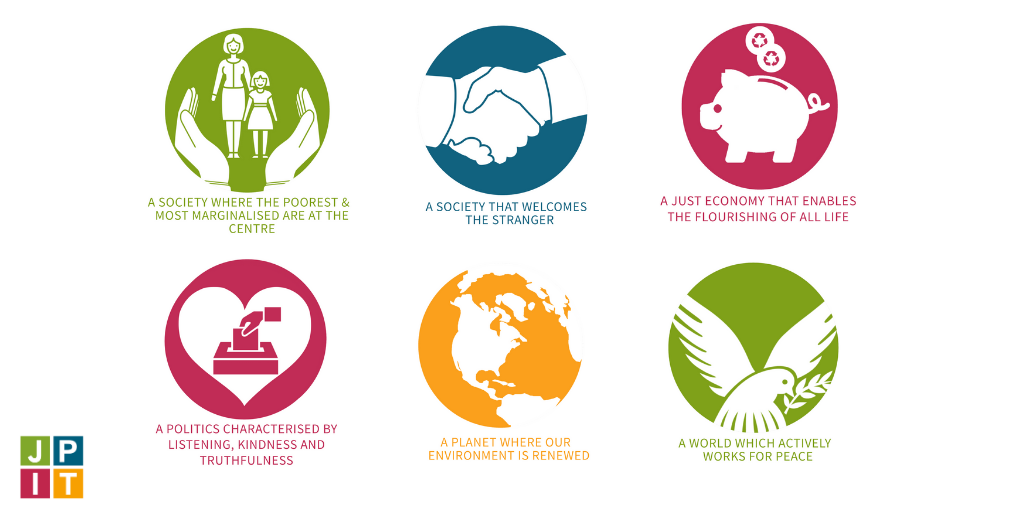God’s heart for the generations
Our Joint Public Issues Team has been exploring the challenge of intergenerational injustice, writes Rosella Payne
Anyone who has ever attempted reading the Bible chronologically will no doubt start to struggle as they come across the lengthy genealogies. And yet, in this we see the beauty of God’s heart for the generations. As we read these in the Old Testament, we’re shown a snapshot into hundreds of years of God’s faithfulness to God’s people, over and over again.
 The Bible is also full of references to inheritance. Today, inheritance is tied up with notions of tax and contested wills, but many of these biblical references have nothing to do with finance. Instead, inheritance is a means of relationship where generations, both within families and as society, steward and pass on the gifts of God. Throughout the Bible, connection of earthly inheritance and the inheritance of God’s kingdom points us to the radical grace of the Father. We are adopted as co-heirs with Christ, who provides the chance for his children to flourish.
The Bible is also full of references to inheritance. Today, inheritance is tied up with notions of tax and contested wills, but many of these biblical references have nothing to do with finance. Instead, inheritance is a means of relationship where generations, both within families and as society, steward and pass on the gifts of God. Throughout the Bible, connection of earthly inheritance and the inheritance of God’s kingdom points us to the radical grace of the Father. We are adopted as co-heirs with Christ, who provides the chance for his children to flourish.
Passing on an inheritance, whether that’s a stable society, a healthy planet, secure housing or fulfilling job opportunities recognises a future generation loved by a God who adopts them into his family. Seeking intergenerational justice demonstrates a gracious relationship, and offers the gift of inheritance from one generation to the next. We can take the heart of intergenerational justice found in the Bible and consider how this applies to our social context today.
In the UK, the 20th Century was dominated by the ideas of modernisation, suggesting that society was on a trajectory to get better and better. In the last century the world has changed rapidly. In 1908 (the birth year of the oldest British person), life expectancy in the UK was under 50. Now, a British child born in 2020 should expect to see the 22nd Century, with a projected life expectancy of 91. Life expectancy has increased year on year. But does this really reflect whole-life flourishing?
Whilst life expectancy may be following this trajectory of improvement, many other measures have peaked and are now in decline.
Economic inequality in the UK steadily evened out over the 20th Century. In 1918, the top 1 per cent received 19 per cent of all taxable income, however by the mid-1970s they received just 6 per cent. However, since the 1990s this inequality has begun to resurface. By 2018, the amount of national income the top 1 per cent received was again in double figures, at 12 per cent.
Similarly, the provision of housing has become an issue. Millennials are the first generation less likely to own their  own home than the generation before. On average, 20-30 year olds are spending over a third of their post-tax income on rent, compared to the 5-10 per cent their grandparents spent housing themselves in the 1960s-70s (which would also be more likely to be spent on a mortgage than rent, giving more security in the long term). Social Housing peaked at 5 million houses in 1981, but only 1.7 million remain today.
own home than the generation before. On average, 20-30 year olds are spending over a third of their post-tax income on rent, compared to the 5-10 per cent their grandparents spent housing themselves in the 1960s-70s (which would also be more likely to be spent on a mortgage than rent, giving more security in the long term). Social Housing peaked at 5 million houses in 1981, but only 1.7 million remain today.
66 per cent of teenagers say the most pressing global issue is climate change. By 2050 the UK will need to survive on a quarter of current carbon consumption levels to minimize the climate crisis. This means huge changes are needed across society. Young people face the brunt of this uncertainty and rising threat.
For younger people, and coming generations, these conditions might seriously restrict their ability to fulfil their God given potential, as they are held back by their inability to access the essentials of life.
In 2019, the Joint Public Issues Team held a series of intergenerational conversations across the country reflecting the nature of the Church as a place of generational diversity. These conversations gave us several insights into the challenge of intergenerational injustice.
Firstly: these conversations are difficult. With polarising views and deeply personal experiences it’s hard not to direct blame at one group or another. This doesn’t mean that these issues should be swept under the carpet. Instead we need to recognise the importance of listening and, if need be, disagreeing well.
 These conversations also offered something statistics cannot: real life experience. The testimonies of young people supported the conclusions of research, sharing their fears around secure jobs and homes as well as the threat of climate change. They also revealed the concerns that older generations have about spiralling care costs as they age, and the state of the world they are passing on.
These conversations also offered something statistics cannot: real life experience. The testimonies of young people supported the conclusions of research, sharing their fears around secure jobs and homes as well as the threat of climate change. They also revealed the concerns that older generations have about spiralling care costs as they age, and the state of the world they are passing on.
Respectful intergenerational relations were also identified as valuable. Participants recognised the importance of older generations offering wisdom and support to future generations. They also identified the need to elevate the voices of youth and ensure future generations have a say in decision-making.
If we’re truly seeking a society where all can flourish into their God-given potential, we need to listen for the intergenerational injustices that limit this. Through addressing these issues, we can reflect our hopes for a vision of God’s Kingdom on earth – a kingdom in which all inherit the gifts of God.

The Joint Public Issues Team has incorporated seeking intergenerational justice into the ‘Six Hopes’ which shape our work. Find out more at www.jointpublicissues.org.uk/SixHopes.
Rosella Payne is an intern with the Joint Public Issues Team
This article appears in the Summer 2020 edition of Baptists Together magazine
Images | Joint Public Issues Team (taken at its 2018 conference)
Do you have a view? Share your thoughts here.
Baptist Times, 14/05/2020